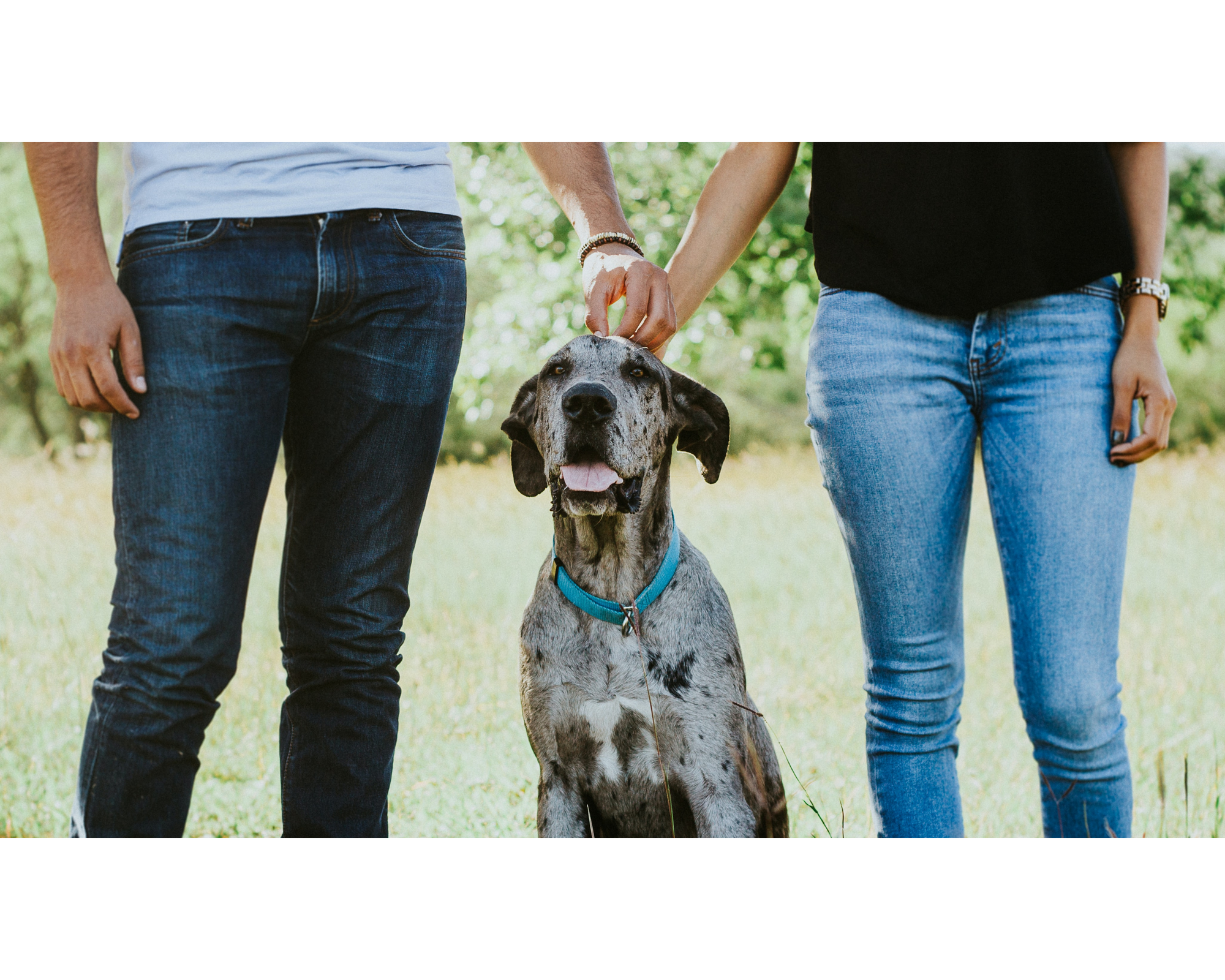

How COVID Changed Pet Parenting Forever
The COVID-19 pandemic changed so many aspects of our daily lives, from the way we work to how we connect with others. And for pet parents, the pandemic ushered in a whole new era of what it means to care for and bond with our furry family members. Whether it was the surge in pet adoptions, the shift to working from home, or the way we prioritized our pets’ mental and physical health, the effects of the pandemic on pet parenting have been profound—and lasting.
The Pandemic Pet Boom
During the early days of lockdowns, shelters and rescues reported record-breaking adoption numbers. People across the globe sought the companionship of pets to ease feelings of isolation and anxiety. Giant breed dogs, in particular, found loving homes as new owners discovered the joys of having a gentle giant by their side.
For first-time pet parents, this marked the beginning of a new journey. Many turned to online resources, virtual trainers, and pet communities to learn the ropes. But the adoption boom also brought challenges—shelters are now seeing some of these “pandemic pets” returned due to lifestyle changes as people return to in-person work. This highlights the importance of long-term commitment and education for pet owners.
How Work-from-Home Changed Pet Care
One of the most significant shifts for pet parents during the pandemic was the rise of remote work. For many, this meant spending more time at home with their dogs—an opportunity to strengthen bonds, build better routines, and be more present in their pets’ lives.
For giant breed dog owners, this extra time at home was particularly beneficial. These dogs thrive on companionship and consistency, and the ability to incorporate regular walks, playtime, and training sessions into the day improved their quality of life.
However, the transition back to the office has brought new challenges. Many dogs developed separation anxiety after becoming accustomed to constant human presence. As a result, pet parents must now prioritize training, enrichment, and strategies to help their dogs adjust to alone time.
A Focus on Mental Health—for Humans and Dogs
During a time of widespread stress and uncertainty, pets became emotional lifelines for millions of people. Their unwavering companionship offered comfort and stability when the world felt chaotic. In return, many pet parents became more attuned to their dog’s emotional well-being, recognizing signs of stress, boredom, or anxiety.
This heightened awareness of mental health extended to dogs, leading to a surge in the use of enrichment toys, calming aids, and even therapy services for pets. Giant breed dogs, known for their sensitivity and strong bonds with their owners, especially benefitted from this increased focus on their emotional health.
The Evolution of Pet Products and Services
COVID also accelerated innovation in the pet industry, giving rise to new products and services designed to meet the needs of modern pet parents. Some key changes included:
- Telehealth for Pets: Virtual vet consultations became a game-changer, allowing pet parents to access professional advice without leaving home.
- Subscription Boxes and Custom Diets: Pet parents became more intentional about their dogs’ nutrition, seeking out tailored meal plans and enrichment toys delivered to their door.
- Mental Stimulation Tools: Puzzle feeders, snuffle mats, and interactive toys gained popularity as people looked for ways to keep their dogs entertained while balancing work and life at home.
For giant breed dog owners, these innovations made it easier to find specialized products—like joint supplements or size-appropriate toys—that cater to their unique needs.
Socialization Challenges and Behavioral Shifts
Lockdowns brought a halt to many social activities, and dogs weren’t immune to the effects. Puppy classes, dog parks, and neighborhood gatherings were off-limits for much of the pandemic, leading to a generation of dogs that missed out on critical socialization opportunities.
For giant breeds, this lack of exposure sometimes resulted in reactivity or fearfulness, given their naturally cautious nature. As restrictions eased, many pet parents turned to trainers and behaviorists to help their dogs catch up on missed socialization.
New Perspectives on Pet Ownership
Perhaps one of the most enduring changes from the pandemic is the way we view our pets. More than ever, dogs are seen as family members, not just pets. This shift has brought greater awareness of their health, happiness, and overall well-being.
Pet parents are now investing more in their dogs—whether it’s prioritizing preventative care, like joint supplements and regular check-ups, or incorporating enrichment into their daily routines. For giant breed owners, this has meant a deeper understanding of the unique challenges their dogs face and a commitment to giving them the best life possible.
The Future of Pet Parenting
As we move forward, it’s clear that the pandemic’s impact on pet parenting is here to stay. More workplaces are becoming pet-friendly, allowing dogs to join their humans on the job. Virtual services like tele-vet appointments and online training courses continue to make pet care more accessible. And the bond between humans and their dogs has never been stronger.
For giant breed dog owners, these changes are especially meaningful. With specialized needs and larger-than-life personalities, these dogs benefit from the heightened attention and care that the pandemic has inspired.
Forever Changed, for the Better
The COVID-19 pandemic brought challenges, but it also deepened our relationships with our pets in ways we never expected. As we continue to adapt, the lessons we’ve learned about compassion, care, and commitment to our dogs will shape the future of pet parenting for years to come.
Whether you’re a seasoned pet parent or new to the giant breed world, one thing is certain: our gentle giants make every challenge worthwhile. Here’s to giving them more, better years—no matter what the future holds.
